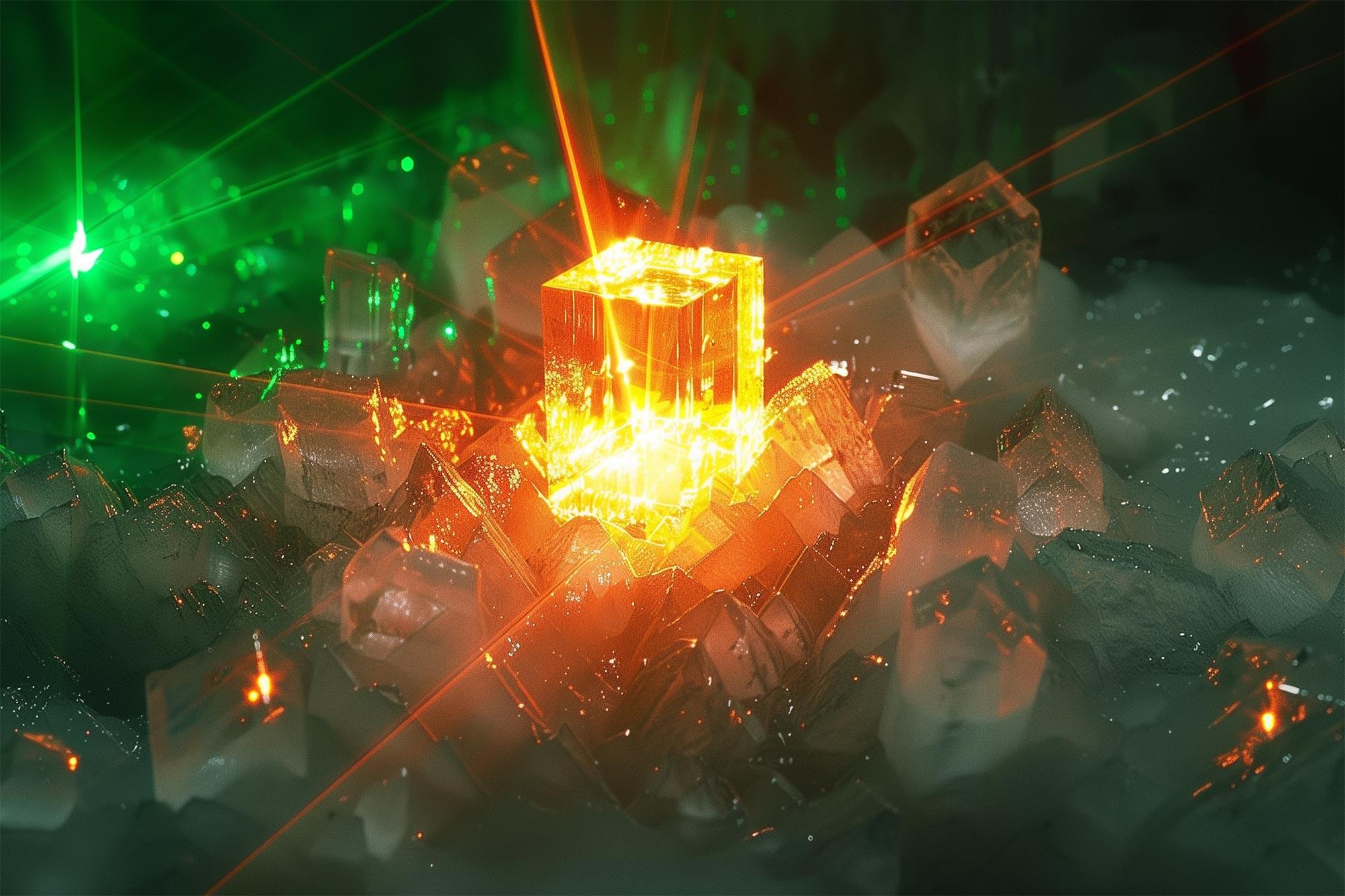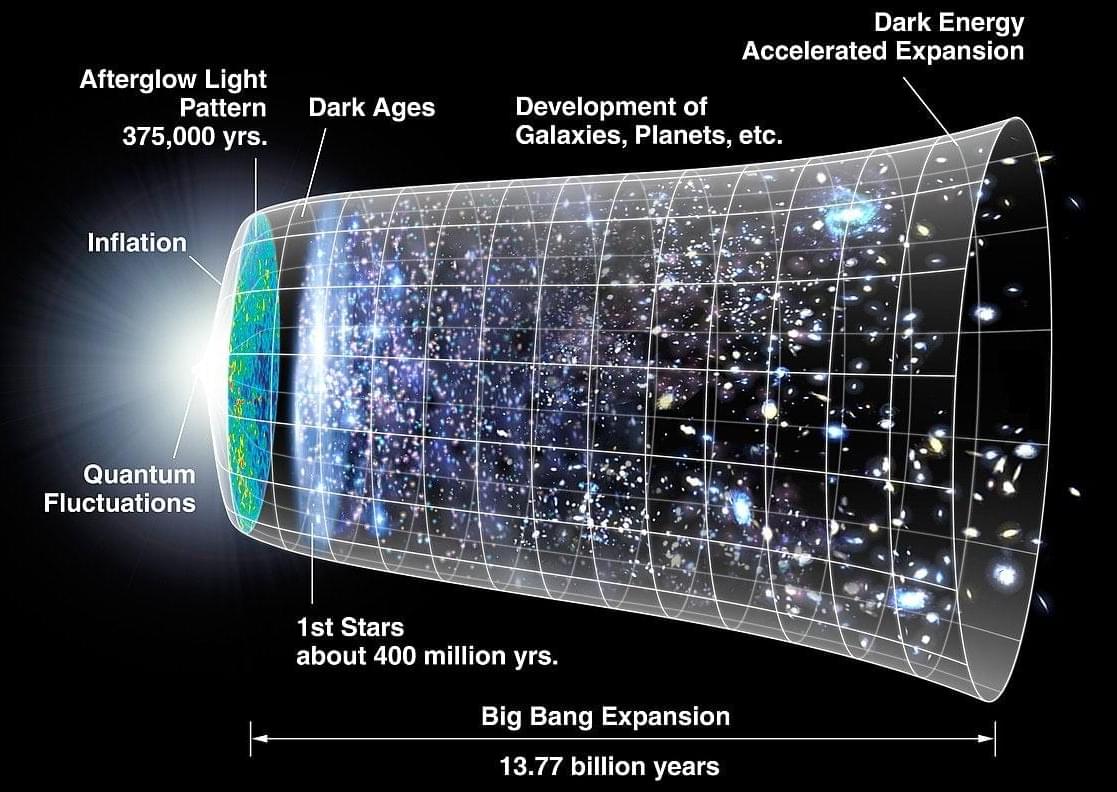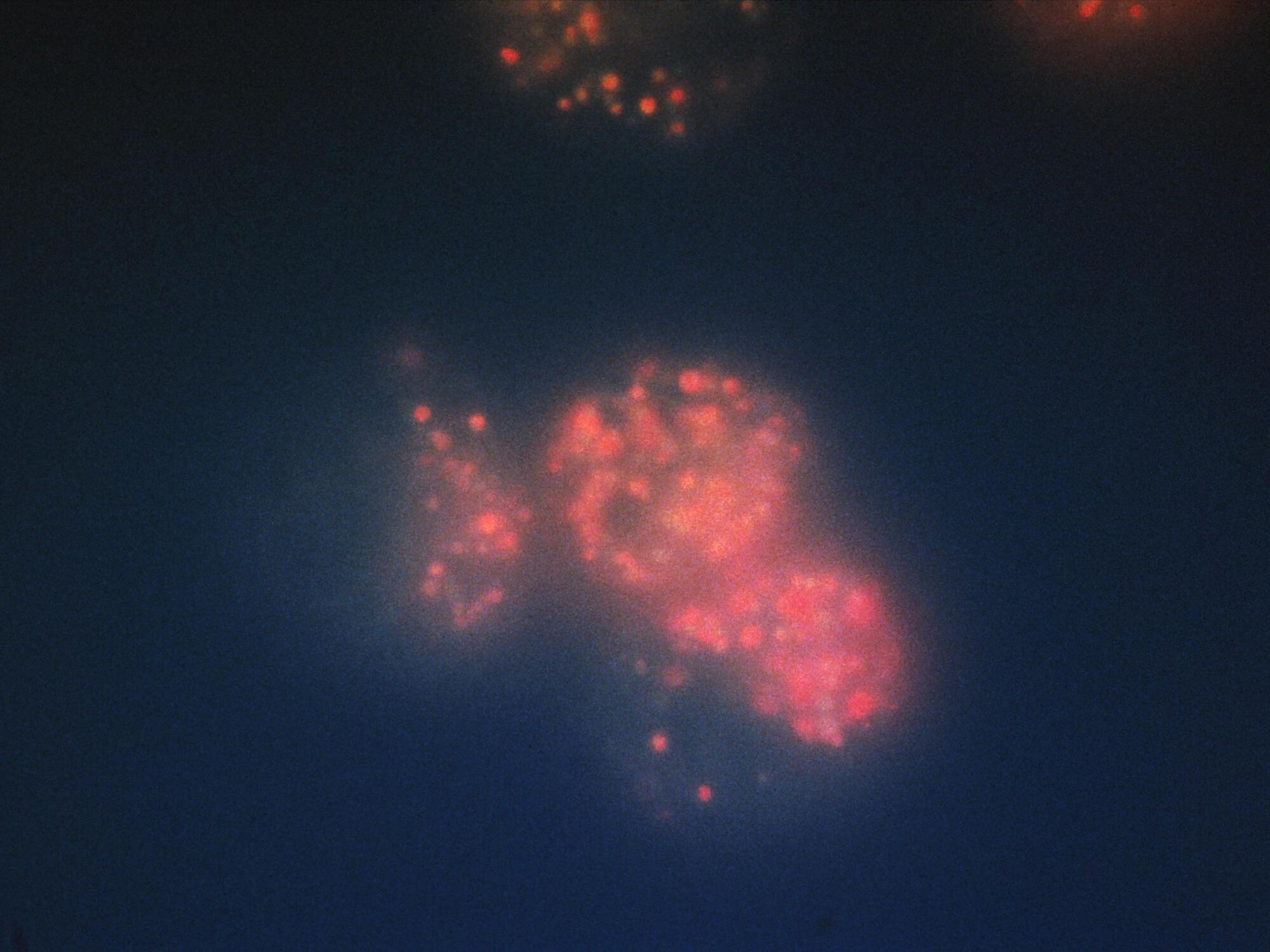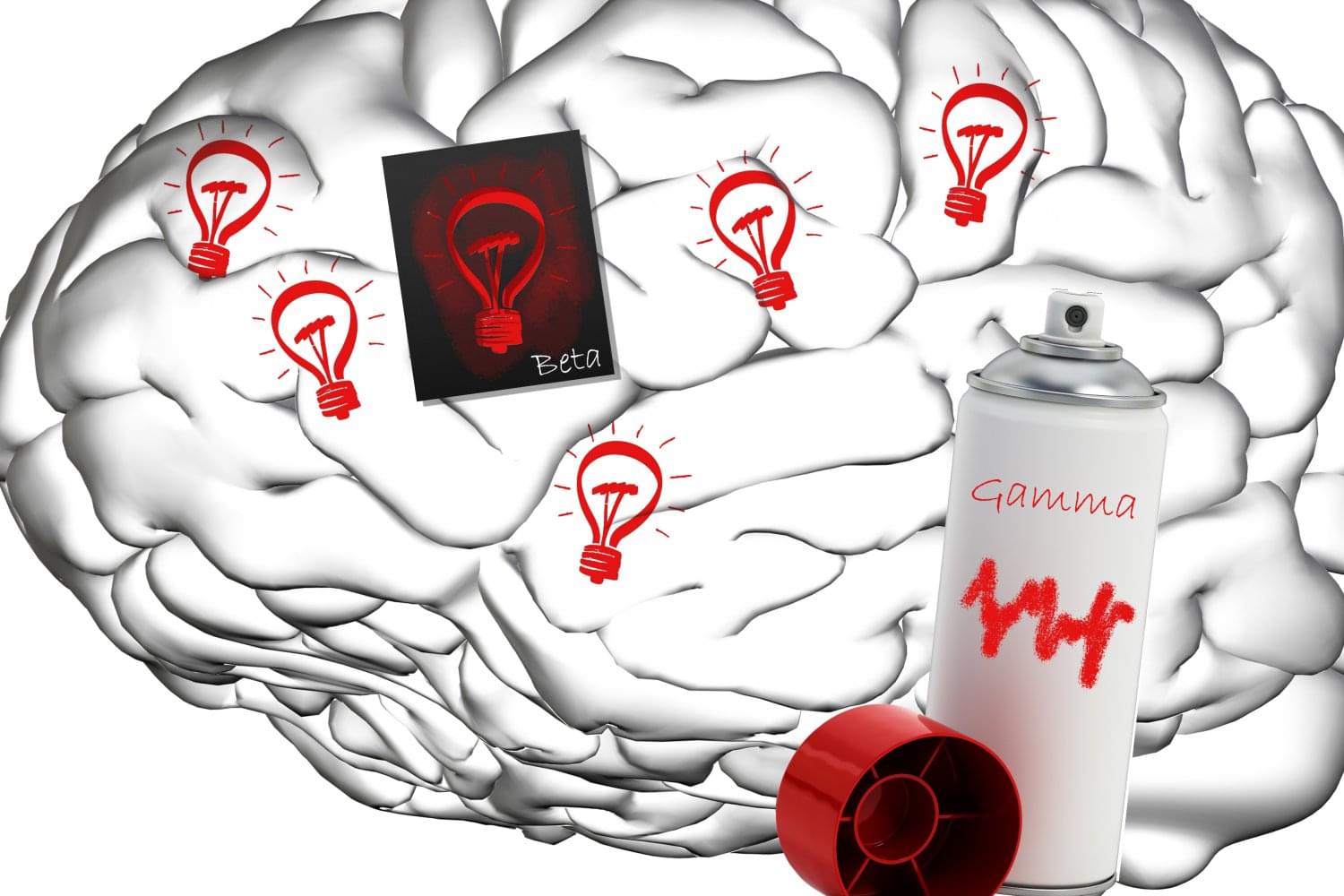It could be very informative to observe the pixels on your phone under a microscope, but not if your goal is to understand what a whole video on the screen shows. Cognition is much the same kind of emergent property in the brain. It can only be understood by observing how millions of cells act in coordination, argues a trio of MIT neuroscientists. In a new article, they lay out a framework for understanding how thought arises from the coordination of neural activity driven by oscillating electric fields — also known as brain “waves” or “rhythms.”
Historically dismissed solely as byproducts of neural activity, brain rhythms are actually critical for organizing it, write Picower Professor Earl Miller and research scientists Scott Brincat and Jefferson Roy in Current Opinion in Behavioral Science. And while neuroscientists have gained tremendous knowledge from studying how individual brain cells connect and how and when they emit “spikes” to send impulses through specific circuits, there is also a need to appreciate and apply new concepts at the brain rhythm scale, which can span individual, or even multiple, brain regions.
“Spiking and anatomy are important, but there is more going on in the brain above and beyond that,” says senior author Miller, a faculty member in The Picower Institute for Learning and Memory and the Department of Brain and Cognitive Sciences at MIT. “There’s a whole lot of functionality taking place at a higher level, especially cognition.”





